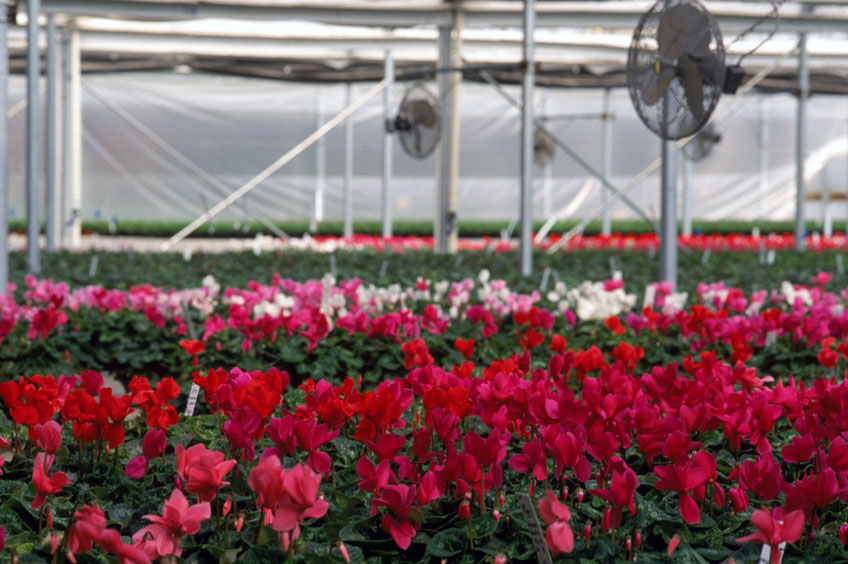
The U.S. Department of Energy’s (DOE’s) Geothermal Technologies Office today announced the launch of the Spring 2021 Geothermal Collegiate Competition, managed by the National Renewable Energy Laboratory (NREL).
The Spring 2021 Geothermal Collegiate Competition features a new theme: community direct use of geothermal heat. College and university teams will identify sites that could leverage local geothermal energy potential to heat and cool buildings, campuses, districts, or entire communities via direct-use technologies. The competition is heating things up in more ways than one—students will gain real-world renewable energy industry experience by designing a real-life use case, performing a resource assessment, and evaluating usage and loads.
“Student competitions like the Geothermal Collegiate Competition provide information that supports DOE’s long-term vision to increase U.S. geothermal energy deployment,” said Dr. Susan Hamm, director of the DOE Geothermal Technologies Office. “This competition leverages the tremendous and varied talents within our nation’s academic institutions to boost public education and outreach about geothermal energy.”
Direct use of geothermal energy leverages heat to heat or cool buildings and power industrial processes and applications such as greenhouses, aquaculture, microbreweries, fruit and vegetable drying, pulp and paper processing, and lumber drying. Fluids with temperatures adequate for direct use of geothermal heat are available throughout much of the United States. Direct use of geothermal energy in homes and commercial operations can be much less expensive than using traditional fuels—savings can be as much as 80% and offer attractive and innovative opportunities for local businesses and entrepreneurs. Current U.S. installed capacity of direct-use geothermal systems totals 482 MW, or enough energy to heat close to 70,000 average-sized homes—and the DOE’s 2019 GeoVision study shows that it is economically feasible for direct-use geothermal to supply as many as 45 million homes by 2050.
In the Geothermal Collegiate Competition, students will work with real-world parameters including actual energy load, utility rates, and subsurface data while developing a distributed-energy concept. Input from community stakeholders will serve as real-world project constraints and considerations. The concepts the teams develop will provide insights that could inform community stakeholders for future development of direct-use geothermal energy resources and economic potential.
A first, second, and third prize will be awarded in addition to special recognition categories for technical approach and stakeholder engagement strategies. Participating students will build valuable project development, design, and communications skills while increasing public understanding of geothermal heat as a renewable source of energy.
Teams are already forming, so sign up now for the spring 2021 competition—rules and team registration can be found at herox.com/GeothermalCollegiateCompetitionSpring2021. To learn more about the competition, visit energy.gov/eere/geothermal/geothermal-collegiate-competition.
Through the Geothermal Collegiate Competition, DOE inspires students to develop innovative solutions for geothermal energy application challenges while developing career skills to prepare them for the clean energy workforce. By engaging with students not traditionally involved with geothermal, DOE aims to raise awareness of geothermal resources to communities and the public, thereby broadening the geothermal stakeholder base.
The Geothermal Collegiate Competition is led by the U.S. Department of Energy Office of Energy Efficiency and Renewable Energy’s Geothermal Technologies Office and is administered by the National Renewable Energy Laboratory.




